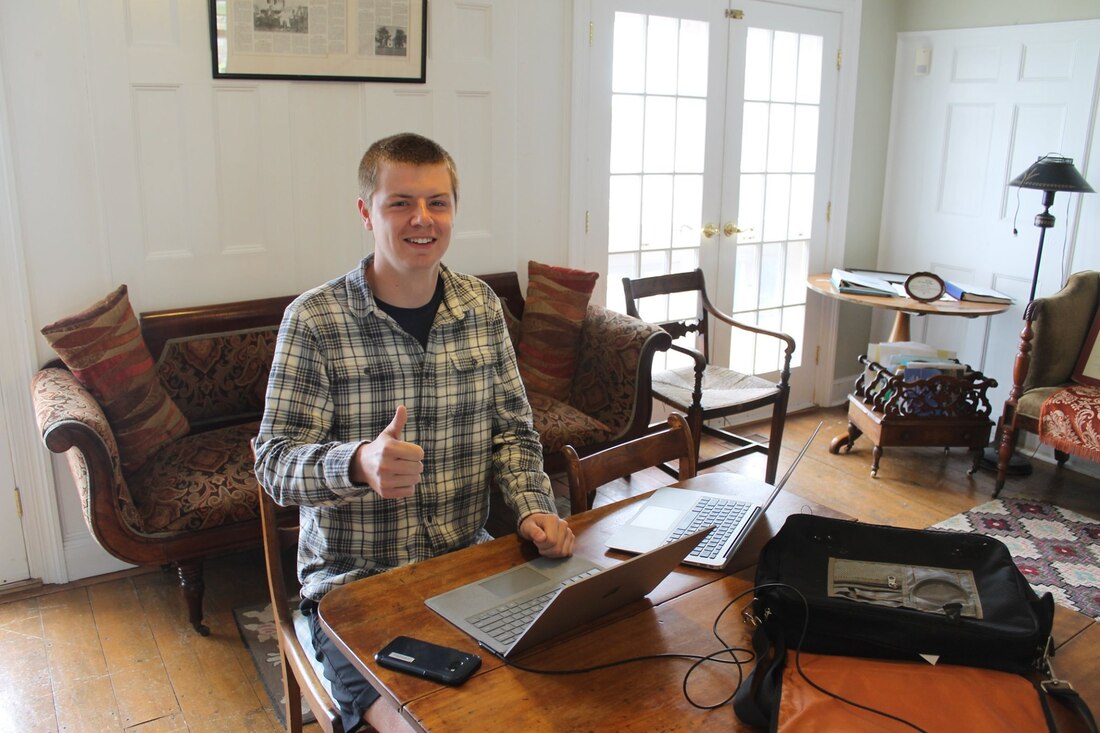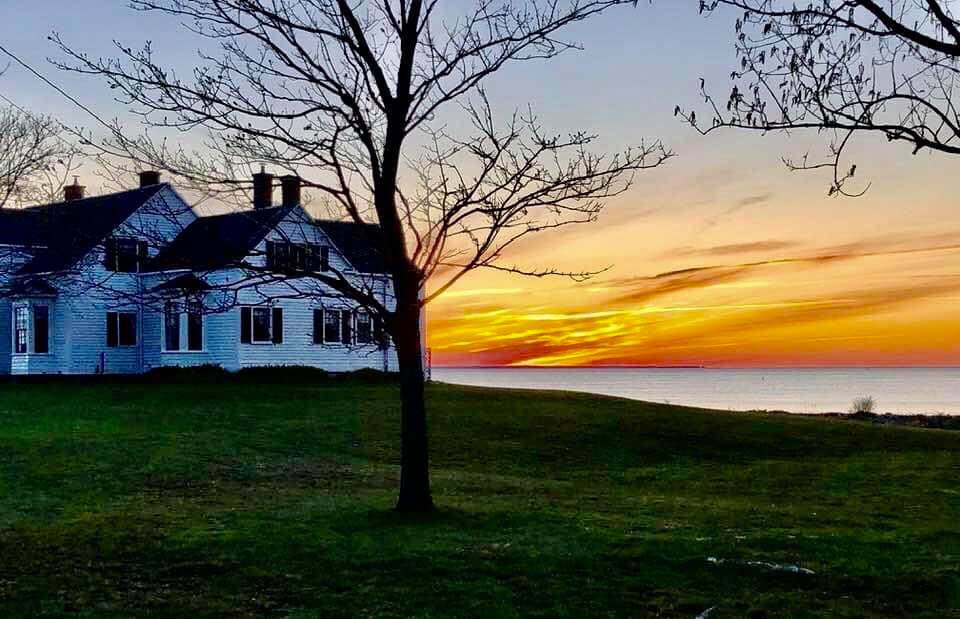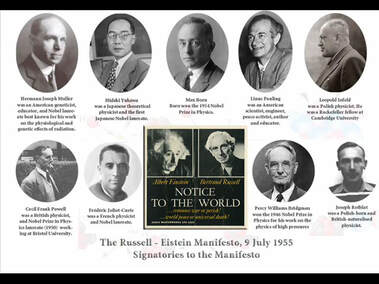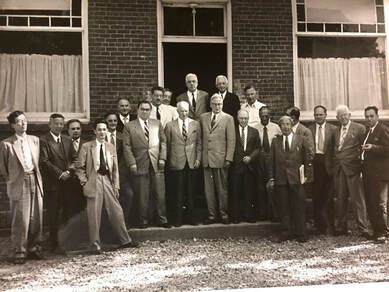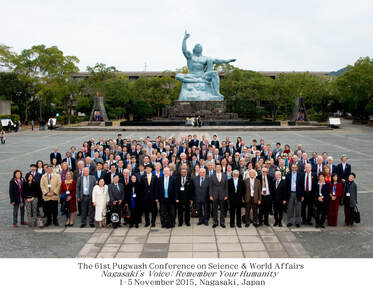Podcast one: Introduction
2020 Podcasts on Thinkers Lodge's history and relevance by Cameron Blaikie, interpretive guide at Thinkers Lodge. |
Cameron Blaikie introduces this weekly podcast series with an overview of the history and purpose of the Thinkers Lodge and the Pugwash Conferences on World and Science Affairs which won the Nobel Peace Prize jointly with Joseph Rotblat in 1995 for their contribution to the struggle against nuclear proliferation and their advocacy for peace.
|
Thinkers Lodge Histories by Cameron Blaikie
Welcome to Thinkers Lodge Histories! This podcast will be a short educational series that aims at showcasing the international importance of the Pugwash Conferences on Science and World Affairs. This series will explore the Conferences and their international implications beyond the walls of Thinkers Lodge itself, providing a much more in-depth discussion of how Pugwash grew from such humble beginnings to becoming one of the most important and influential transnational organizations of the Cold War.
Thinkers Lodge Histories by Cameron Blaikie
Welcome to Thinkers Lodge Histories! This podcast will be a short educational series that aims at showcasing the international importance of the Pugwash Conferences on Science and World Affairs. This series will explore the Conferences and their international implications beyond the walls of Thinkers Lodge itself, providing a much more in-depth discussion of how Pugwash grew from such humble beginnings to becoming one of the most important and influential transnational organizations of the Cold War.
Slideshow of images of people and places highlighted in Podcast One
Episode Two: The Russell-Einstein Manifesto and the Road to Pugwash
Additional Information on Russell-Einstein Manifesto
Episode Three: Seven Days in Pugwash
Additional information, photographs, and the entire Proceedings of the 1957 Conference
Episode Four: Continuing the Conversations
Additional information on Pugwash Conferences from 1955 til present around the world
Episode Five: International Implications
Cameron Blaikie discusses what did Pugwash Conferences on Science and International Affairs accomplish?:
Some of the information is based on Sandra Butcher’s “What Pugwash Means to the World.” She explains how Pugwash Conferences provided avenues of back channel diplomacy which lays groundwork for negotiations to help end Vietnam war and helped lay the groundwork for a series of treaties and conventions. See below for partial list of treaties and conventions that were influenced by the dialogues and meetings of the Pugwash Conferences.
Some of the information is based on Sandra Butcher’s “What Pugwash Means to the World.” She explains how Pugwash Conferences provided avenues of back channel diplomacy which lays groundwork for negotiations to help end Vietnam war and helped lay the groundwork for a series of treaties and conventions. See below for partial list of treaties and conventions that were influenced by the dialogues and meetings of the Pugwash Conferences.
- Bring together scientists from both sides of Iron Curtain
- Partial Test Ban Treaty: 1963
- Non-Proliferation Treaty 1968/1970
- Anti-Ballistic Missile Treaty 1972
- Biological Weapons Convention 1972
- Chemical Weapons Conventions 1993
- Arms Control Treaty - 1972 Anti Ballistic Missile Treaty 9.
- Soviet-American Disarmament Study Group with Paul Doty
- 1984 Study Group Non-Defensive Defenses – Nonprovocative methods, removing US nuclear weapons from Western Europe
